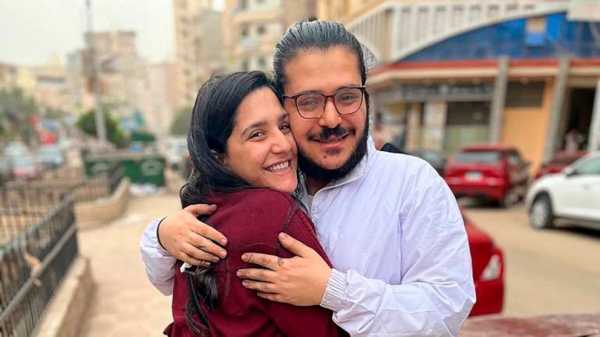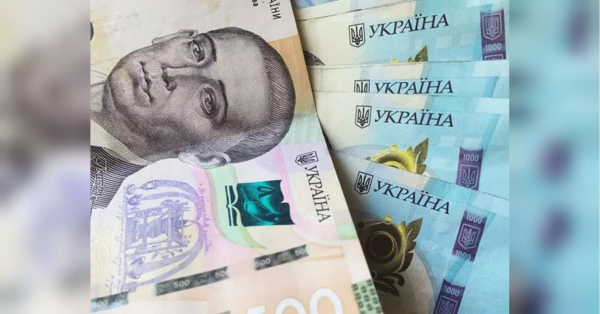
CAIRO — An Egyptian court sentenced a rights activist on Tuesday to three years in prison over an opinion article he wrote in 2019 in a case that renewed global attention to Egypt's intolerance of government critics.
The case of Patrick George Zaki has also echoed in Italy, where he was a postgraduate student and where many were reminded of the tragic fate of Italian student Giulio Regeni who was abducted and killed in Cairo in 2016.
Amnesty International swiftly condemned Egyptian authorities and said that the image of Zaki being dragged out of a courtroom and taken to prison on Tuesday was “terrifying.”
The court in the Nile Delta city of Mansoura convicted Zaki of “disseminating false news” related to an article of his about alleged discrimination against the Coptic Christian minority in Egypt, according to the Egyptian Initiative for Personal Rights. Zaki worked with the group as a gender rights researcher.
The group, which represents Zaki before the court, said he was taken into custody from the courtroom directly after the verdict, to be transferred to a prison to serve his sentence.
Zaki, who is Christian, was arrested in February 2020 shortly after landing in Cairo for a short trip home from Italy where he was studying at the University of Bologna. He was released in December 2021 after spending 22 months in pretrial detention but had to remain in Egypt and was not allowed to travel abroad, pending trial.
Because Zaki was tried before an emergency court, he has no right to appeal under Egyptian laws, his rights group said, another point of contention in Egypt's human rights record.
However, the court's ruling still requires a ratification by President Abdel-Fattah el-Sissi, who has the power to annul it or pardon the researcher.
Egypt's jailing and silencing of critics have brought international condemnation and are key points of friction between the North African country and the West.
Zaki’s arrest and trial became front page news in Italy and sparked a wave of student protests there. For many Italians, his detention was reminiscent of the death of Italian doctoral student Giulio Regeni, who was abducted in Cairo, tortured, and killed in 2016 — a macabre case that shocked the world and which rights groups have blamed Egyptian authorities for.
Italian and other European governments have repeatedly called for Zaki's release.
In a statement after the verdict, Italian Premier Giorgia Meloni said that “our commitment for a positive solution to the case of Patrick Zaki has never ceased, it continues, we still have faith.”
Riccardo Noury, a spokesman in Italy for Amnesty International, described the verdict as “scandalous” in a post on Twitter. "After 22 months in a very tough prison and a trial begun more than a year ago, the image of Patrick dragged away from the Mansura courthouse courtroom is terrifying,” Noury said.
Over the past decade, Egypt has seen the heaviest crackdown on dissent in decades. Authorities have targeted not only Islamist political opponents but also pro-democracy activists, journalists, and online critics.
Lengthy pretrial detentions have become common practice to keep the government’s critics behind bars for as long as possible.
Later Tuesday in Cairo, the Board of Trustees of the National Dialogue — a platform that brings together activists, opposition and pro-government parties — urged el-Sissi to immediately release Zaki.
___
Associated Pres writer Frances D’Emilio in Rome contributed to this report.
Sourse: abcnews.go.com






